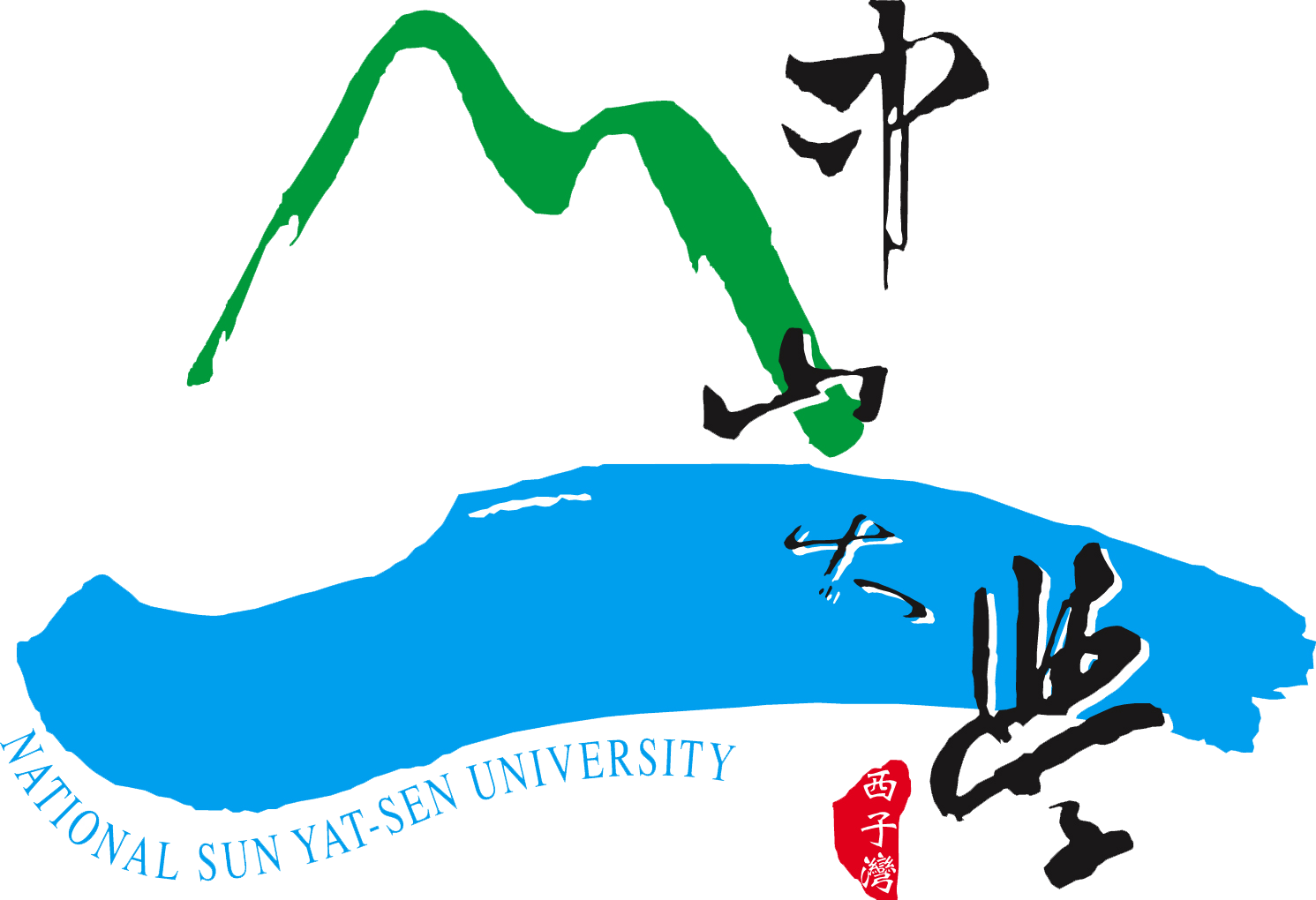Wireless Information Transmission System Lab (WITS Lab)
Research Field
Prof. Chih-Peng Li received the B.S. degree in Physics from National Tsing Hua University, Hsin Chu, Taiwan, and the Ph.D. degree in Electrical Engineering from Cornell University, NY, USA. Dr. Li was a Member of Technical Staff with Lucent Technologies. Since 2002, he has been with National Sun Yat-sen University (NSYSU), Kaohsiung, Taiwan, where he is currently a Distinguished Professor. Dr. Li has served various positions with NSYSU, including the Chairperson of Electrical Engineering Department, the VP of General Affairs, the Dean of Engineering College, and the VP of Academic Affairs. His research interests include digital communications, wireless communications, baseband signal processing, and data networks. He is now the Director General with the Engineering and Technologies Department, National Science and Technology Council, Taiwan. He is also a Director on the Board of Directors, National Atomic Research Institute, Taiwan.
Dr. Li is currently the Chapter Chair of IEEE Broadcasting Technology Society Tainan Section. Dr. Li has also served as the Chapter Chair of IEEE Communication Society Tainan Section, the President of Taiwan Institute of Electrical and Electronics Engineering, the Editor of IEEE Transactions on Wireless Communications, the Associate Editor of IEEE Transactions on Broadcasting, and the Member of Board of Governors with IEEE Tainan Section. Dr. Li has received various awards, including the Outstanding Research Award of Ministry of Science and Technology, Outstanding Engineering Professor Award of Chinese Institute of Engineer, and the ASE Chair Professor, National Sun Yat-sen University. Dr. Li is a Fellow of the IEEE and IET.
The research in WITS Lab mainly focuses on digital communications, wireless communications, baseband signal processing, and data networks. WITS Lab once proposed a world's lowest complexity architecture in the technology of using selective mapping (SLM) to reduce the peak-to-average power ratio (PAPR) of the orthogonal frequency division multiplexing system (OFDM); WITS Lab is also the world's first to propose and investigate the Perfect Gaussian Integer Sequences, opened up a new research field and led many researchers around the world to explore this field; WITS Lab has also worked on Variable Length Error Correction codes (VLEC Codes). Due to limitations in computational complexity, research in this field in the past few decades has focused on the encoding of 26 English letters. The algorithm developed by WITS Lab can greatly improve the search speed. The created codebook can easily reach 256 codewords that were completely unimaginable before. This technology further discovered some encoding rules and the search time can be further reduced to less than 1%.
In recent years, WITS Lab has focused on the development of B5G/6G communication technologies, including UAV, reconfigurable reflection surface (RIS), non-orthogonal multiple access (NOMA), Internet of Things (IoT), ultra-reliable low-latency communication (URLLC), smart transportation, green communications, edge computing, etc., and apply artificial intelligence/machine learning to related technologies.
WITS Lab receives a lot of research funding every year, including from the National Science and Technology Council, the Ministry of Education, and many industries. WITS Lab is currently recruiting postdoctoral fellows, doctoral students, master's students, and research interns.
WITS Lab has focused on the development of B5G/6G communication technologies, including UAV, reconfigurable reflection surface (RIS), non-orthogonal multiple access (NOMA), Internet of Things (IoT), ultra-reliable low-latency communication (URLLC), smart transportation, green communications, edge computing, etc., and apply artificial intelligence/machine learning to related technologies.
IEEE Fellow
IET Fellow
Outstanding Research Award, National Science and Technology Council
Outstanding Engineering Professor Award, Chinese Institute of Engineer
ASE Chair Professor, National Sun Yat-sen University
Ph.D., School of Electrical Engineering, Cornell University, 1997.
M.S., School of Electrical and Computer Engineering, Syracuse University, USA, 1993.
B.S., Department of Physics, National Tsing Hua University, Hsinchu, Taiwan, 1989.
